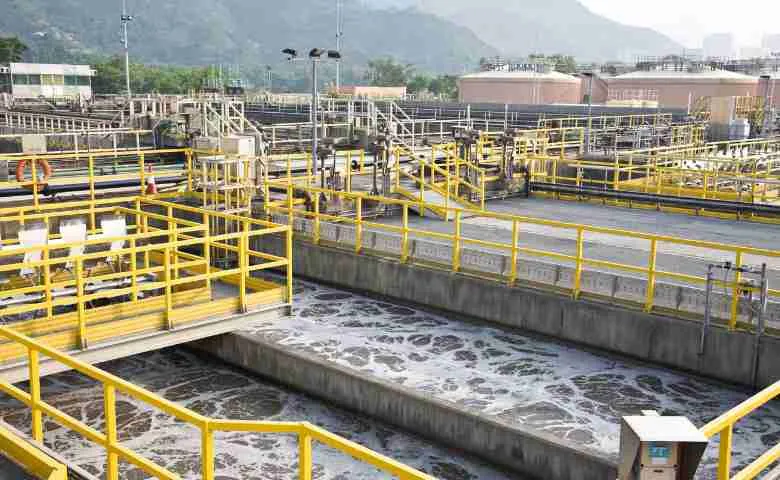Last Updated on April 21, 2023 by Admin
If you live in a town or city, you probably do not give your wastewater much thought as your home is most likely connected to the local sewer system.
ConstructionCareerHub App is LIVE — built ONLY for construction careers. Don’t apply with a weak resume.
Get ATS-ready Resume Lab + Interview Copilot + Campus Placement Prep (resume screening, skill gaps, interview readiness) — in minutes & Other advanced features.
Explore Smarter Construction Career Tools →Quick check. Big impact. Start now.
But if you reside in a rural area, your only option to treat wastewater may be to use an on-site septic system.
Though, sometimes households can choose whether they connect to the local sewer or use a septic system.
If you fall into the latter category, or if you are simply interested in learning more about sewers and septic systems, you can understand the difference between the two options by checking out the following informative article.
1. The Main Difference Between a Septic System and a Sewer
The main difference between a septic system and a sewer is that the former treats your wastewater on the site of your home and the wastewater goes into a holding tank while a sewer directs your wastewater to a treatment plant that is operated by your local government.
With the former, you would have to pay for the installation and maintenance of the system. The latter is mostly funded by taxes.
Related Posts:
- What You Should Know About Septic Tanks?
- Best Water Treatment and Water Technology Companies in India [2023 Updated]
- How to Become a Project Manager
- Civil Engineer vs. Structural Engineer – Which Path is Right for You?
2. The Difference in How Septic Systems and Sewers Work
With a septic system, bacteria will break down the solid waste of wastewater. Once that has happened, the liquid effluent is released into the drain field.
With a sewer system, the contaminants in wastewater are removed at the treatment plant. The water is then discharged back into the local water supply.
3. The Difference in Maintenance
When you connect to a sewer system, you have no maintenance to perform. Your local government and treatment plant will handle all required maintenance to sewer systems.
If you have a septic tank, you will need to pump it out. The regularity will depend on your usage, but yearly pump-outs usually suffice.
There may be other maintenance tasks that are required from time to time for septic systems. In such cases, you should contact a professional septic repair company. For instance, Atlantic’s residential services cover septic repairs, jetting, and preventative maintenance.
4. The Difference in Cost
When maintained properly, septic systems typically have fewer ongoing costs than sewer systems, but as a homeowner, you will not notice the money you pay in taxes to maintain the local sewer system, whereas you may have to pay for installation and maintenance costs for septic systems.
The cost of public sewer systems varies depending on location.
5. The Difference in Environmental Impact
When comparing a septic system with a sewer, it is clear that the former is more environmentally friendly than the latter, as long as it is properly maintained.
That is because septic systems require much less infrastructure than sewers and much less energy. Plus, treatment plants use chemicals to remove the wastewater contaminants.
Furthermore, you can conserve your local water supply by using septic systems. That is because septic systems return treated effluent to your residence. In turn, groundwater is replenished, which nourishes plants and trees.
6. The Daily Difference
Lastly, it is worth mentioning that, while septic systems have many advantages over sewers, they do require more thinking on the part of their owners. People with septic systems may need to change their daily habits.
For instance, some septic systems can only handle a limited volume of wastewater each day, which means you could need to alter your laundry and bathroom practices.
Also, as a septic system owner, you need to be more mindful of what you put in your drains. Things like food scraps and cooking oils can clog up pipes.


